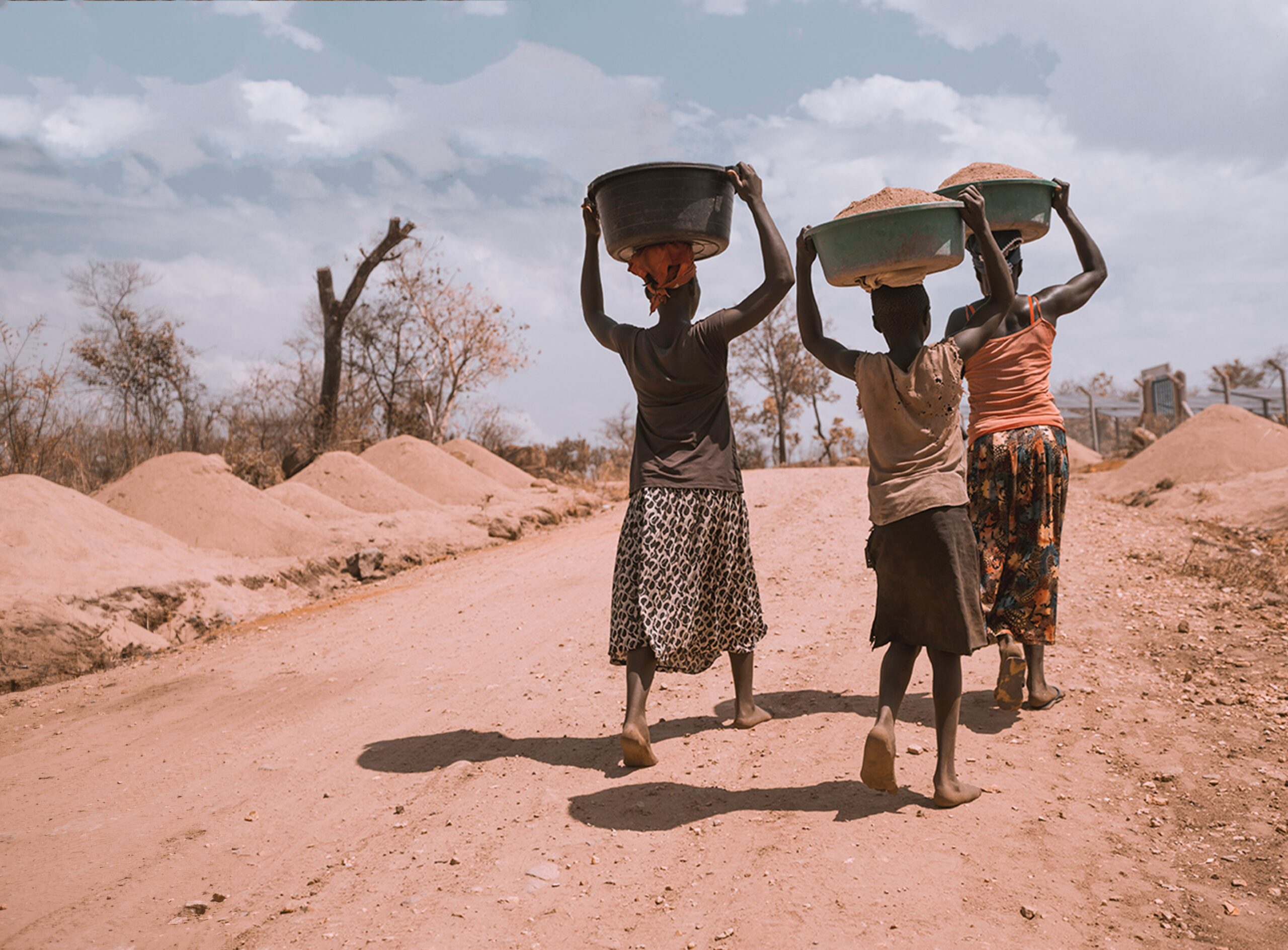Djibouti, one of Africa’s smallest countries, is a desirable trade and investment destination due to its strategic location between Africa, Asia, and Europe, as well as its historical ties.

The Red Sea and the Indian Ocean meet where Djibouti is situated. Due to its historical connections to Europe, the Arabian Peninsula, East Africa, and Asia, it serves as a unique hub for trade and cross-cultural exchange.
Djibouti is a young country that offers untapped prospects from the standpoint of an investor. Here are a few business prospects in Djibouti that are listed in no particular order of relevance or prospective internal rate of return.
Salt production
The world’s saltiest lake, Lac Assal (Lake Assal), which is located in Djibouti, is also one of the lowest locations in Africa. Before foreign investors, notably Emerging Capital Partners, invested in Salt Investment SA as a joint venture. Djiboutian salt production was restricted to meet the needs of the Ethiopian market and was hindered by a shortage of iodization equipment, energy, and water supplies. Although Salt Investment SA has had a difficult road ahead of it, investors have high hopes for Djibouti’s salt industry.
Tourism
The hospitable city of Djibouti is a reflection of its people. The majority of locals speak French, Arabic, or Somali, with a few occasionally using English. The locals, who are used to a sizable foreign presence, will frequently want to interact with you to learn about your background and what you think of Djibouti.
The north of the nation is also home to well-known scuba diving locations. The tourism industry hasn’t expanded because of justified and unjustified security worries. Investing in high-quality, reasonably priced hotels and other tourist attractions will also help Djibouti’s tourist zones greatly (i.e., tour guides, moderately priced restaurants, etc.).
Real estate
As of 2019, Djibouti had an estimated population of 984,325 and an unemployment rate of more than 44% in metropolitan areas, particularly the capital of Djibouti. Foreign military presence contributes a sizable share of the consumer expenditure in the absence of a native Djiboutian consumer base. The Chinese, Somalis, and Americans are the main buyers and renters of new villas, according to local real estate developers. As the China Africa Development (CAD) Fund expresses increasing interest in logistics, energy (particularly geothermal), and tourism, the number of Chinese investors and contractors grows. One investor from Djibouti remarked, “The Chinese, well, they are always there and present.”
The Somalis, who are well-known for being major traders and market participants in Djibouti, invest their money in real estate instead of keeping it in banks. Many local Djiboutian businesspeople have calculated that one American soldier’s consumption is equivalent to 100 local Djiboutian consumers, just like the Americans. The American soldiers tend to make more money, don’t like to spend their entire time on the base, and will rent villas off the base, even if they can only use them for three to four days a week. Prices, both real and non-real, typically reflect this. Lunch can cost up to $50, however, this is also a result of the Djiboutian Franc’s pegged exchange rate to the dollar.
Logistics and warehousing
The ports in Djibouti are crucial for Ethiopia and are becoming more significant for South Sudan. Before reaching Addis Ababa, the imports may remain at the port for 3 to 6 months. After six months, it is frequently more economical to auction off goods than to keep them in storage longer due to the excessive costs of storing and transportation. The port becomes much more crowded throughout the winter due to a significant increase in imports and exports, which occurs immediately following Ethiopia’s rainy season. Only by expanding other ports, lowering warehousing costs, and, in the long run, improving intergovernmental relations on taxes and customs, among other things, can the port bottleneck be addressed.
You may also find these articles helpful
Company registration in Djibouti
Top banks in Burkina Faso
Company registration in Eritrea






